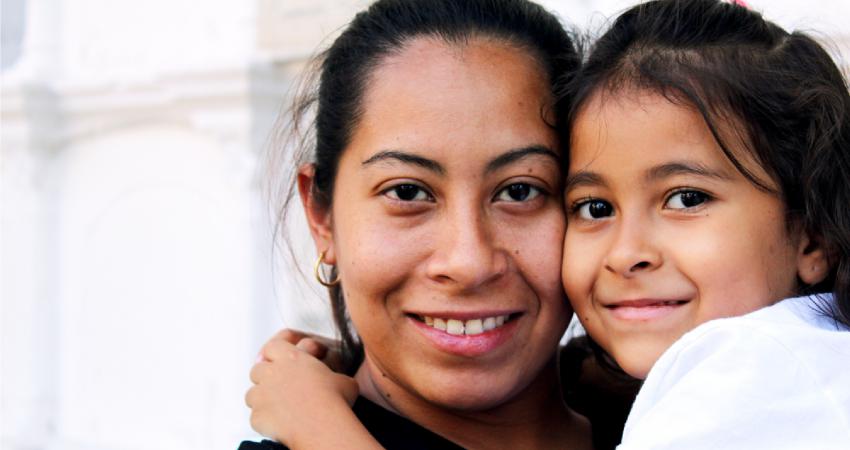The Regional Conference on Migration Launches Training Program for its Member Countries on Protection and Assistance to Vulnerable Migrants

In 2021, the number of people seeking refuge in Mexico has increased exponentially. In fact, the total number of applications for 2020 (around 41,000) had already been surpassed by May. In this month alone, 9,327 applications were received, the highest number registered by Mexico’s Commission for Refugee Assistance. In this context, it is essential to have tools that adapt to new needs and allow the protection of vulnerable migrants.
As part of the efforts to protect the rights of migrants, the Regional Conference on Migration (RCM) launched a regional training programme focused on the protection and assistance of vulnerable migrants in conjunction with the International Organization for Migration (IOM), who in 2019 developed the Handbook on Protection and Assistance for Migrants Vulnerable to Violence, Exploitation and Abuse. In addition to the training of front-line staff, the activity aims to implement good practices in the identification of profiles and referral mechanisms for vulnerable migrant populations.
"Addressing and reducing vulnerabilities in migration is one of the objectives of the Global Compact for Safe, Orderly and Regular Migration (GCM). However, this remains a challenge for those in charge of protection and service provision, as there are no internationally accepted definitions of "vulnerable migrant", clear procedures to identify them, or operational guidelines for their protection and assistance. To address this gap, IOM initiated the development of the Handbook on Protection and Assistance for Migrants Vulnerable to Violence, Exploitation and Abuse. The Handbook sets a precedent and a unique benchmark worldwide, and is intended to support case managers, so we are pleased to introduce this tool in the region through this training", explained Alexandra Bonnie, IOM Senior Regional Programs Coordinator.
The training program includes self-training courses, presentations by experts, group activities and spaces for dialogue between the member countries of the RCM. It was launched on June 18 and will be completed in July. Five representatives per country from various institutions were convened as part of the front line for the protection and assistance of migrants, such as consulates, entities responsible for refugee and protection systems, directorates or migration institutes and law enforcement agencies.
The activity arises in order to strengthen the implementation of the Regional Guidelines for the Preliminary Identification of Profiles and Reference Mechanisms of Vulnerable Migrant Populations developed by the RCM for its member countries in 2013. In 2020, the Working Group on Irregular and Mass Migration began updating it to adapt it to the new needs and guidelines established for the protection of migrants.
In addition to considering the sovereign authority of States, they should safeguard the fundamental rights of migrants and refugees, including their integrity, security, dignity and well-being, a challenge that the region is still facing in a context of increasing complexity in the migratory flows that bring new challenges. And it is in this context that the RCM has recognized the need to facilitate the protection of migrants.
"What we seek is that mobility processes take place in dignified conditions and to fulfill this mandate, we consider it of vital importance to generate this discussion and training space addressed to all member countries" commented teacher Rocío González, on behalf of the Pro Tempore Presidency of the RCM, which this year corresponds to Mexico.
To achieve this, collaborative work with IOM is critical, because its main tasks include supporting governments in their role of promoting and observing the rights of migrants through the establishment of standards and good practices, research and analysis, and the development of guidelines for protection and assistance, tools that were incorporated into the contents of this training program.
This initiative is being developed within the framework of IOM’s Western Hemisphere Program, funded by the U.S. Department of State Bureau of Population, Refugees and Migration.
For more information, please contact Juliana Sanchez, IOM Technical Specialist on Migration at julsanchez@iom.int.
